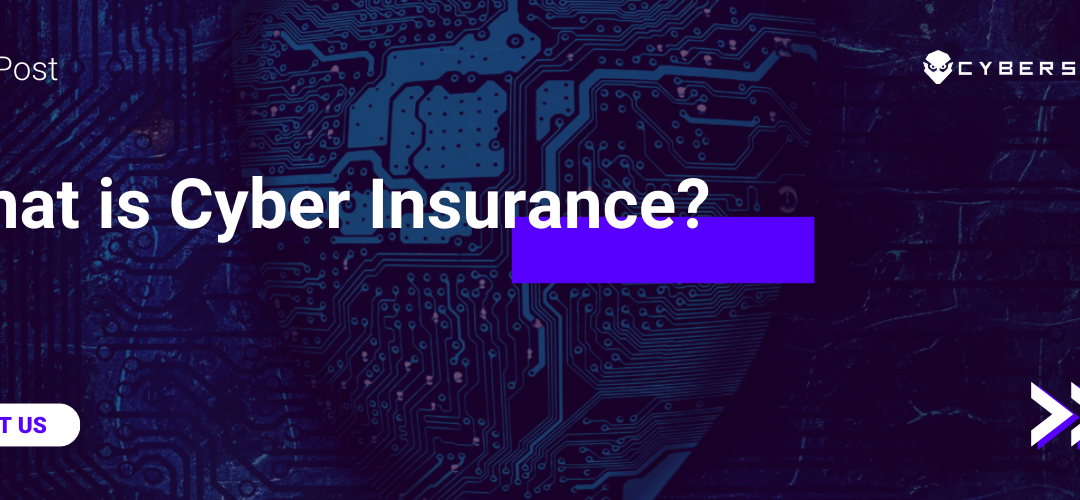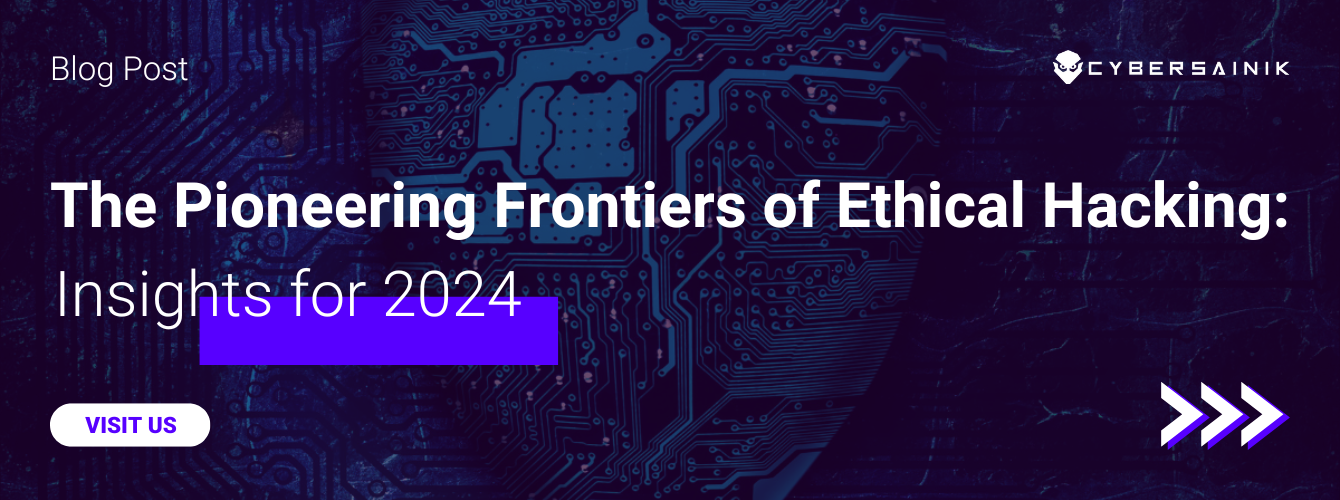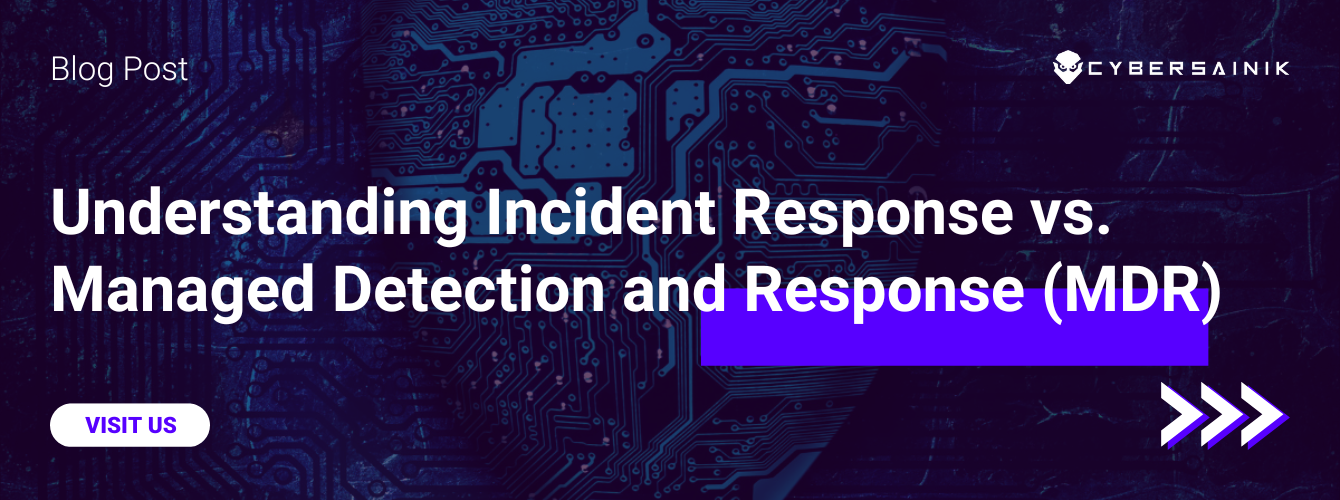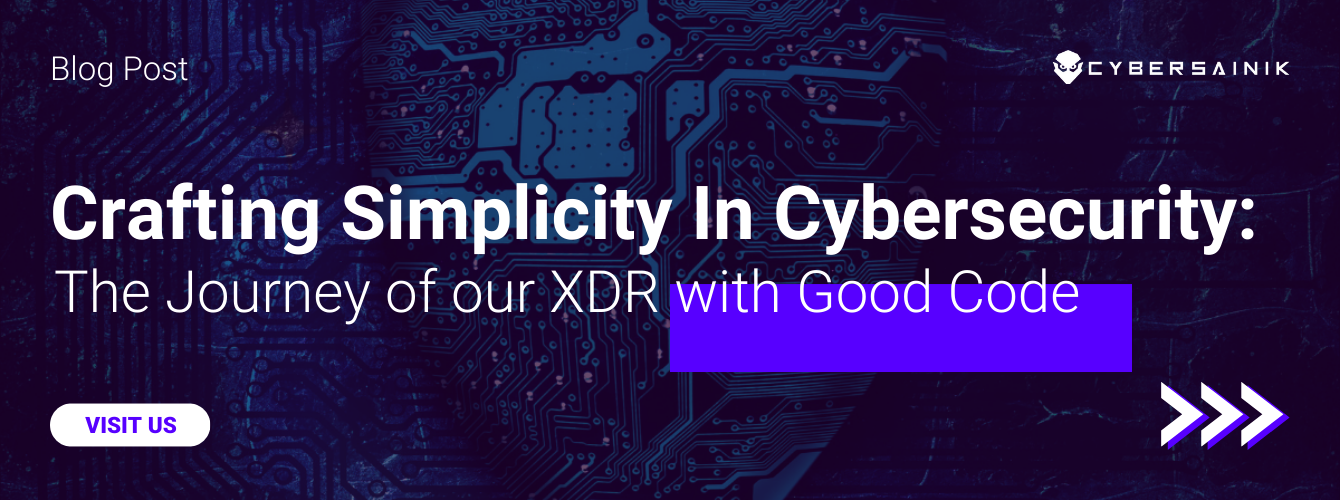Cyber insurance is the fastest-growing insurance category in the world, and it’s not hard to see why. The risks associated with cyber-attacks are growing every day as hackers become more sophisticated and companies become more dependent on tech. In order to keep your business safe and secure, you need this type of coverage. But what do these policies cover, and why should you get one?
What is cyber insurance?
Cyber insurance is a form of insurance that protects you from the risks associated with data breaches. Data breach coverage includes:
- Cyber extortion and ransom
- Cyber extortion for credit card details, which are then used for fraudulent purchases
- Cyber extortion for personal data, such as social security numbers or account passwords, which are then used to impersonate the victim when conducting online transactions and transactions online (such as online banking)
What does cyber insurance cover?
By purchasing a cyber-liability policy for your business, you gain coverage for financial losses resulting from data breaches and other types of cyber events. The exact coverage varies, and it is important to read the fine print carefully. Some cyber liability policies provide coverage for both first and third-party data, while others limit their coverage to one or the other.
First-Party Cover
Cyber liability insurance coverage for first-party losses applies to events that impact your business directly. For example, first-party cyber liability coverage would kick in if your electronic data is compromised by a hacker, or if you become the victim of a ransomware attack.
It covers a wide range of risks, including:
- Privacy Risks: If you’re hacked, your customers’ or employees’ personal information could be stolen and used in fraudulent ways.
- Security Risks: Your company’s website or network might have been hacked, and the data it contains could be accessed by criminals looking to commit identity theft or other crimes.
- Operational Risks: A cyberattack can disrupt your business operations, like shutting down your website for days if the hacker deletes all its files or otherwise renders it inaccessible.
Third-Party Cover
Third-party coverage is different, but no less important from a liability standpoint. This type of cyber liability coverage protects businesses from claims filed against the firm as the result of a data breach or other types of cybercrime. A vendor, for instance, might sue the company for negligence if their personal information has been compromised. The targeted business might also be subject to class action lawsuits if customer data is compromised and posted on the dark web.
Third-party cyber liability insurance can protect against both of these instances, shielding the firms from financial damage in the event of a cyber-attack. With cybercrime on the rise, the value of this type of coverage is growing with every passing day.
Other Types of Coverage
Protection against liability from third-party sources and payment for damages done by hackers are two vital forms of coverage that cyber liability insurance provides, but these are not the only benefits. Once again, every cyber liability insurance policy is different, and it is important to look at both the coverage and the exclusions before making your final decision.
What does cyber insurance typically not cover?
Here are a few things it won’t cover:
- Any future loss in profits due to recovering from an incident.
- Software and hardware replacement.
- Reputation costs, including any legal fees associated with regulatory action by a government agency.
Why is cyber insurance a necessity?
The most important thing about cyber liability insurance is that most businesses could benefit from the coverage. Any business that gathers data from outside sources could be liable for damages in the event of a cyber-attack, and those payments could be quite substantial. Cyber liability insurance is designed to protect businesses from these risks.
If you doubt the potential value of a cyber-liability policy, just think about the amount of data you collect from these third-party sources. Some examples of third-party data include payments from customers, Social Security numbers of employees and job applicants, addresses of vendors, and credit card information from online buyers.
The MSP Solution
Managed Service Providers offer a wide range of security services that help companies protect their networks, data, and customers. MSSPs also provide a wide range of services that help businesses comply with regulations such as the General Data Protection Regulation of the European Union, which requires companies to have a broad range of security controls and security policies to protect personal data.
We hope this article has given you a better understanding of cyber insurance and how it can benefit your business. If you’re interested in learning more about Cyber Insurance, contact us at Cyber Sainik for a free consultation with one of our experts. We are proud to be a trusted Managed Service Provider with years of experience. We can help you choose the right coverage for your business and help you comply with regulations.




